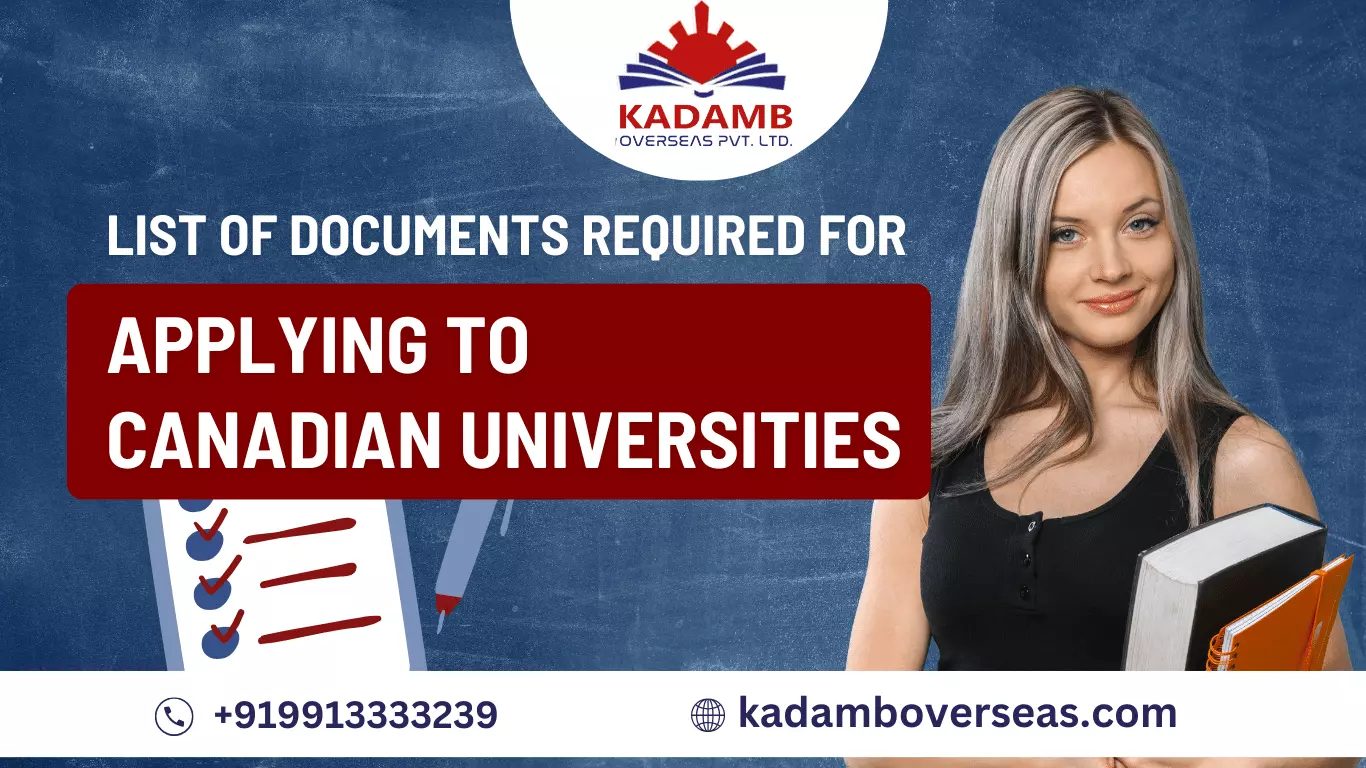Are you considering furthering your education in Canada? The process of applying to Canadian universities can be both exciting and daunting, especially when it comes to gathering the necessary documentation. Whether you’re a domestic or international student, navigating the specific requirements for each university can feel like a maze of paperwork.
However, fear not! This comprehensive guide will help demystify the process by providing you with a detailed list of documents required for applying to Canadian universities. From transcripts and recommendation letters to language proficiency tests and financial statements, we’ve got you covered with everything you need to know to confidently embark on your academic journey in the Great White North.
Navigating through the myriad of documents required for applying to Canadian universities can be overwhelming, but understanding these essential requirements is crucial for a successful application process. As an aspiring student looking to pursue higher education in Canada, knowing exactly what documents are needed will not only streamline your application process but also provide a clear roadmap for preparation.
This article aims to simplify this often complex task by breaking down each document requirement and offering valuable insights into how you can ensure that your application stands out among the sea of candidates vying for admission into prestigious Canadian institutions. So, grab your checklist and get ready as we embark on this insightful journey through the essential documents needed for securing your place at a Canadian university!
Introduction
When it comes to applying to Canadian universities, having a clear understanding of the required documentation is essential. Many students may find themselves overwhelmed by the process, but with the right information and guidance, it can be a manageable task. The documents needed for application not only vary between universities but also depend on the student’s unique circumstances and chosen program of study.
Navigating through this aspect of the application process requires careful attention to detail and proactive preparation. By properly documenting all necessary paperwork, applicants can ensure their eligibility and increase their chances of acceptance into Canadian universities. As such, taking the time to thoroughly research each institution’s specific requirements is crucial for a successful application experience.
Applying to Canadian universities offers an exciting opportunity for growth and academic advancement, but it’s important for aspiring students to approach this task with diligence and readiness. Understanding the nuances of document submission will not only streamline the process but also demonstrate an applicant’s commitment to excellence from the outset.
With proper planning and organization, prospective students can embark on this journey with confidence and excitement for what lies ahead in their educational pursuits for study in canada.
1. Application Form – Begin by obtaining the application form from the official website of your chosen university. Ensure you fill out the form accurately, adhering to the guidelines provided. Some universities may offer online submission options, while others may require physical forms.
2. Passport-size Photographs – Include recent passport-size photographs meeting the specific requirements outlined by the university. The clarity and adherence to size standards are crucial. Any oversight in this aspect may lead to the rejection of your application.
3. Academic Certificates – Provide certified copies of your academic certificates, supporting your educational journey. This includes transcripts and certificates from high school, higher secondary, and, if applicable, bachelor’s and master’s degrees. Verify the specific academic document requirements of the chosen university. Cost of Studying in Canada for Indian Students
4. Competitive Exam Scores – Depending on the course, submit scores from standardized tests such as IELTS, TOEFL, GRE, GMAT, or SAT. For language proficiency, English tests may be required for undergraduate and postgraduate programs. Ensure that you meet the minimum score requirements of the university.
5. Statement of Purpose (SOP) – Craft a well-thought-out Statement of Purpose (SOP) that elucidates your academic and career goals, reasons for selecting the specific course and university, and relevant personal information. The SOP is a crucial component in evaluating your application.
6. Letter of Recommendation – Obtain one or more letters of recommendation from teachers, professors, or employers. These letters should provide in-depth insights into your academic abilities, character, and capabilities. Choose recommenders who can provide a comprehensive and positive evaluation.
7. Experience Certificates – For applicants to business programs, include relevant experience certificates, such as joining letters, salary slips, and employment certificates from previous employers. Highlighting your professional background is essential for certain courses.
8. Resume – Prepare a detailed resume that outlines your educational background, relevant skills, and any significant experiences. Tailor your resume to showcase achievements and qualifications pertinent to the chosen course.
9. Bank Statement – Provide a stamped copy of your bank statement demonstrating financial capacity to cover tuition fees and living expenses. This is a crucial document to prove your ability to fund your education in Canada.

10. Affidavit of Support – Include a stamped paper duly signed by the sponsor, affirming financial support for your studies in Canada. This document adds an official declaration of your sponsor’s commitment to funding your education.
11. Additional Documents – Depending on the university’s requirements, submit any additional documents such as research papers, paper presentations, examples of symposium organization, etc. Showcase your achievements and involvement in extracurricular activities.
12. Application Fee Payment Proof: – Include evidence of payment for the application fee, as required by some universities. Ensure that you provide the necessary proof to complete the application process.
Note: Specific document requirements may vary by university and program, so it’s crucial to check with the respective institutions for their specific guidelines. This comprehensive guide ensures you have all essential documents for a successful university application in Canada.
Connect with our country experts at Kadamab overseas education consultants to kickstart your journey toward studying abroad contact us now





